(ECNS)-- Seeing the whole world, the international situation is becoming increasingly complex. Unprecedented global changes and a once-in-a-century pandemic have made to backlash against economic globalization and intensified the games among major countries.
In this context, the view of “Kindleberger Trap” has caused concerns. According to the view, the absence of public goods provider caused by the shift of power among major countries will lead to a global governance crisis.
Professor Zhang Yuyan, Member of the Chinese Academy of Social Sciences and Senior Fellowof the Institute of World Economics and Politics, said in a W.E. Talk exclusive interview with China News Service, that Kindleberger’s research in essence is about the old “Collective Action Problem” in economics. To avoid the “Kindleberger Trap”, the international community not only needs to solve the “Collective Action Problem” by institutional reforms and innovations for a just and reasonable international order throughjoint efforts but also needs to dispel misgivings, strengthen cooperation, and share the responsibility for global governance to build a human community with a shared future.
Here are excerpts from the interview:
CNS: What is “Kindleberger Trap” in nature? Why is it used by scholars in recent years to interpret the crisis of global governance?
Zhang Yuyan: In 1973, American economist Charles P. Kindleberger wrote in his book The World in Depression 1929-1939 that during the shift of global power, the then emerging power, the United States, failed to take over the global governance responsibilities from the hegemonic power, Britain, which eventually led to the Great Depression and the World War. This view was later summarized by other scholars as the "Kindleberger Trap" and used to explain the global governance crisis that may be triggered by the power shift between China and the United States today.
As for the “Kindleberger trap”, we need to define key concepts associated with it, including global issues, global governance, and collective action problem. In the most general terms, a global issue refers to such problem that has a global reach and that can only be solved or coped with throughjoints efforts of global countries. Global governance refers to the process or manner in which global issues are solved or addressed by the countries of the world. One of the essential differences between international and domestic issues is that there is no world government that overrides sovereign states. In this context, the global issues can only be solved through consultation and negotiation or bargaining among sovereign states or groups of states, i.e., by reaching a binding universal consensus on any code of conduct. In this sense, global governance manifests itself as an international system or international rules under which humans keep self-restrained in different areas of issues and which are implemented mainly by international institutions or international organizations.
The nature of global issues and global governance has raised two questions: first, both global issues and global governance come with a cost; second, the benefits of governance are not exclusively enjoyed, i.e., the benefits of governance are equivalent to public goods. This in effect provides incentives for “free-riding”. It may turn out that the global governance, which is beneficial to the whole world, becomes "more troublesome" because of the motive of wanting to take a “free ride” of others while resisting others doing the same, so that a governance deficit may occur, and even leads to the "tragedy of the commons". This shows that the theoretical "hard core" of Kindleberger's concern is the "Collective Action Problem" as described in the book The Logic of Collective Action by an American economist Mancur Olson published in 1965.
A representative example is the governance of aglobal issue - climate change. Climate change is one of the global issues that need prompt solutions. If every country makes an effort to reduce emissions, all will benefit from it. However, as the benefits of costly emission reductions can be shared, there is a high chance of “free-riding”, resulting in too many setbacks.
CNS: How to cope with the problems of "free-riding" and collective action problem in global governance? What role should major countries play in this regard?
Zhang Yuyan: The key to shrinking the deficit in global governance is to eradicate "free-riding" as the soil that leads to the collective action problem, so that public goods that benefit the world can be supplied smoothly and effectively. In this regard, Professor Olson ever suggested two important conditions or ways: the first is to have as few members as possible to form a collective, and the second is to set up an "optional" incentive mechanism of "carrot + stick". If a collective is made up of a small number of members, then each member shares relatively more of the results, and it will be much easier to identify and measure the size of their contribution to the collective results. When a system of clear rewards and punishments is in place and effectively implemented within a collective, the collective results can also be guaranteed.
Down to global governance, Professor Olson's "optional incentive" design is universally applicable, as it has been widely proven that appropriate institutional design contributes to sound performance. However, the real world does not quite match the condition as small collectives.At least, the fact that the United Nations has 193 member states is immutable. Moreover, Olson's theory implicitly assumes the equal status of each member within the collective, which is difficult to be supported in the real world. This creates another major feature of the researches on international issues, namely the vast differences amongdifferent countries for theirinternational influence. The following is the question, what role should major countries play in global governance?
It is not difficult to find that the world powers play a leading or dominant role in global governance. It’s because, firstly, large countries have relative advantages in talent pool, experience accumulation and mechanism design. Above all, the design of the mechanism of global governance is an extremely complex systemic project.
Secondly, major countries are more affected by global issues and thus are more motivated to participate in global governance. Generally speaking, all countries are stakeholders in global governance but different in stakeholding intensity with it. Imagine there is a warehouse where the goods stored by major countries account for 60% of the total in value while those of others countries account for 40%, in which context, who will be more concerned about the security of the warehouse? Undoubtedly, it is the major countries that are higher in stakeholding intensity.
Ideally, all major countries would take on their responsibilities in the common interest of humanityand lead the countries in their efforts to achieve the optimal supply level of global public goods, i.e., the contribution of each country to global public goods would be equal at margin to the benefits received by it. Under this ideal condition, the global governance would be in a state of "Lindahl equilibrium" in economics. Although the way to this state is beset with difficulties in reality, it is incumbent upon responsible major countries to aim for it and to act on it.
CNS: In addition to the collective action problem you have mentioned, are there any other factors that contribute to the global governance crisis? Is the world today caught in the so-called "Kindleberger trap"?
Zhang Yuyan: In addition to the aforementioned collective action problem, there is another important reason for the current global governance deficit and the disorder of governance mechanism, which is hegemonic powers are using international rules as tools or weapons.
In an environment where major countries compete with each other, the global governance existing in the form of international rules is usually non-neutral. In this way, the competition and cooperation among major countries is transformed into a game of trying to make rules in their own favor, and even using the rules of governance as a weapon to defend their own interests and suppress their competitors.
One obvious example is the WTO reform, in which the group of developed countries seeks to position China as a developed and non-market economy country, one of the main purposes of which is to narrow the development space of China by imposing more stringent rules. The current U.S. administration has suggested that it will prevent China from dominating future global industries through a series of international rules in collaboration with its allies and partners. This U.S. policy toward China is in nature an attempt to use non-neutral international rules to create a "rule lock" that will fasten China to the middle and lower end of the global value chain and supply chain.
When the "rule lock" strategy fails to work, the U.S. starts to classify its partners by ideology and political system, creating a parallel system and building a "small yard with high fences" that exclude China from the global value chain, thus reducing the size of China's market. There are many supporting examples, of which, the so-called "friend-shoring", the creation of the U.S.-EU Trade & Technology Council (TTC), and the new Indo-Pacific Economic Framework (IPEF) are the most representative ones.
Another important reason for the increased deficit in governance in today's world is that both absolute and relative welfare is considered by hegemonic powers in their calculation of the costs and benefits of global governance. It is better to improve their absolute welfare, such as gains from trade by labor division and exchange; it is also acceptable to improve their relative welfare, such as widening the gap with their competitors, even at the expense of their own absolute welfare.
In short, it is not alarmist to say that the world today is falling into the "Kindleberger trap".
CNS: How should the international community break the global governance deficit and public goods dilemma, and prevent and resolve the "Goldberg trap"?
Zhang Yuyan: To prevent and resolve the danger from the "Kindleberger trap", the immediate task is for all countries in the world to reach a consensus on the seriousness of global issues and the necessity and urgency of global governance, and on this basis to rebuild trust and join hands to build ahuman community with a shared future. The peace deficit, development deficit, governance deficit and trust deficit that humans are confronted with are interrelated. Among others, the trust deficit plays the most fundamental role, and if the trust between countries, especially between major countries, cannot be restored, there is no way to talk about global governance.
The basic way to reach consensus and restore trust, in a sense, is also the goal of global governance, which lies in building a more just and reasonable international order. Here, "just" has two implications: one is the principle of fee will, under which affairs should be managed through consultation and the final rules of governance must be agreed upon by all countries; the other is the principle of equality, which means the international rules are binding upon all countries.
"Reasonable" also has two implications: one is the principle of efficiency, that is, the international rules should serve the purpose and the specific solutions should be feasible; the other is the principle of coordinating rights and obligations, in which the key word is coordination. For example, there has been a global consensus on reducing carbon emissions, but there are differences in developing specific binding indicators of emission reduction: in terms of incremental emissions, China accounts for about one-third of the 36.3 billion tons of global CO2 emissions in 2021, and some countries accordingly suggest that China should set higher emission reduction targets; but in terms of stock, the United States and China emitted 509 billion tons and 284 billion tons of CO2 respectively between 1850 and 2021. This results in the problem of coordinating "stock equity" and "incremental equity".
CNS: As the changes in the global governance system and international order are being accelerated, what contribution can China make to the global governance and what Chinese wisdom can it provide?
Zhang Yuyan: With its continuous development, China has encountered unprecedented changes in international status and role and increasingly become a builder of world peace, a contributor to global development and a defender of international order, playing a stable and constructive part in the changing world and global governance.
First of all, establishing a correct perspective on the role and correctly view our relationship with the rest of the world. China is a major country and the largest developing country. In the process of participating in global governance, it is important to walk a fine line, which means, while playing a positive role as a model, China should also continue the cooperation with other countriesand share the responsibility for addressing global challenges.
Second, promoting the reform and innovation of international systems. Global governance consists of a set of rule systems, and fair and reasonable systems can be voluntarily accepted and observed by all countries. As a responsible major country, China has been committed to promoting the establishment of a more just and reasonable global governance system by not only supporting the reform of existing international systems such as those of the United Nations and the World Trade Organization, but also actively advocating the establishment of new international institutions such as the Asian Infrastructure Investment Bank and the BRICS New Development Bank, so that the "stock" and "increment" of international systems will advance side by side.
Finally, learning wisdom from the outstanding traditional culture of China. "Pareto Improvement" is an important concept in Western economics and it means that at least one person’s situation becomes better without making anyone's situation worse. In comparison, there is a higher pursuit in traditional Chinese thinking. As Confucius said, “Now the man of perfect virtue, wishing to be established himself, seeks also to establish others; wishing to be enlarged himself, he seeks also to enlarge others”, meaning that it is not enough for you to "establish" and "enlarge" yourself, but all people must be benefited. My colleague, Mr. Zhao Tingyang, proposed the concept of "Confucius Improvement" on this basis. There is no doubt that "Confucius Improvement" has the implication of the common destiny for all humanityand is loftier than "Pareto Improvement".
Today, around major global issues such as development and security, “Chinese approaches” advocated by China including global development initiatives, global security initiatives, the "Belt and Road" initiative, ahuman community witha shared future, all brim with the traditional Chinese philosophical concepts likepeople oriented, inclusiveness, harmonious coexistence and mutual benefits, and reflect the Chinese ways of life and the ways of interaction with other states for thousands of years. The Chinese civilization is extensive and profound and is an inexhaustible source of innovation. (End)
The interview record was first published on October 14, 2022 by China News Service.









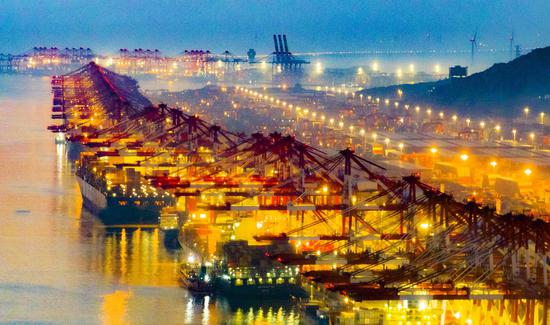
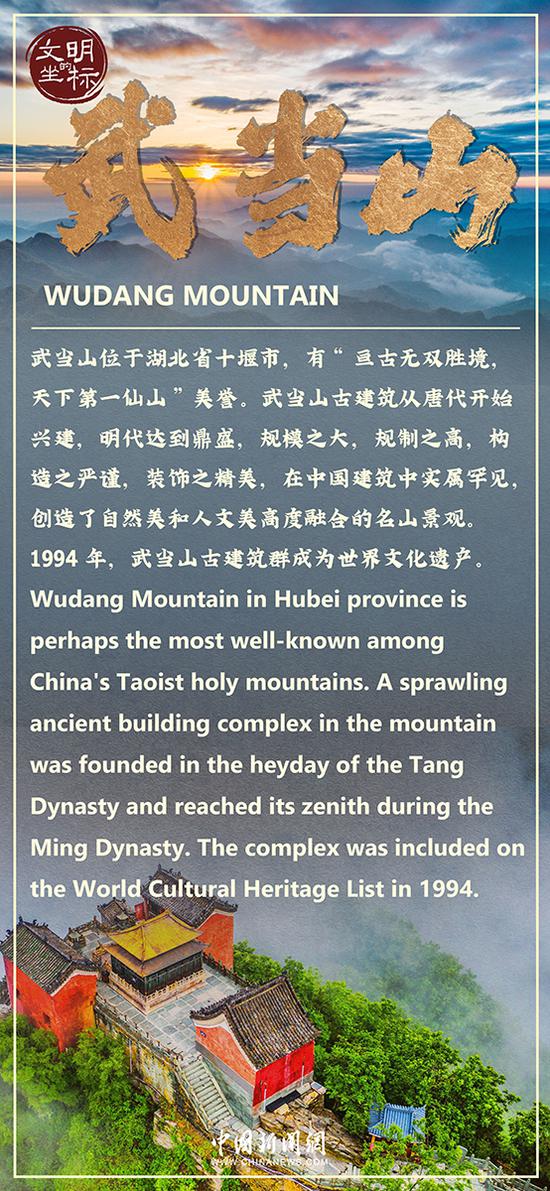
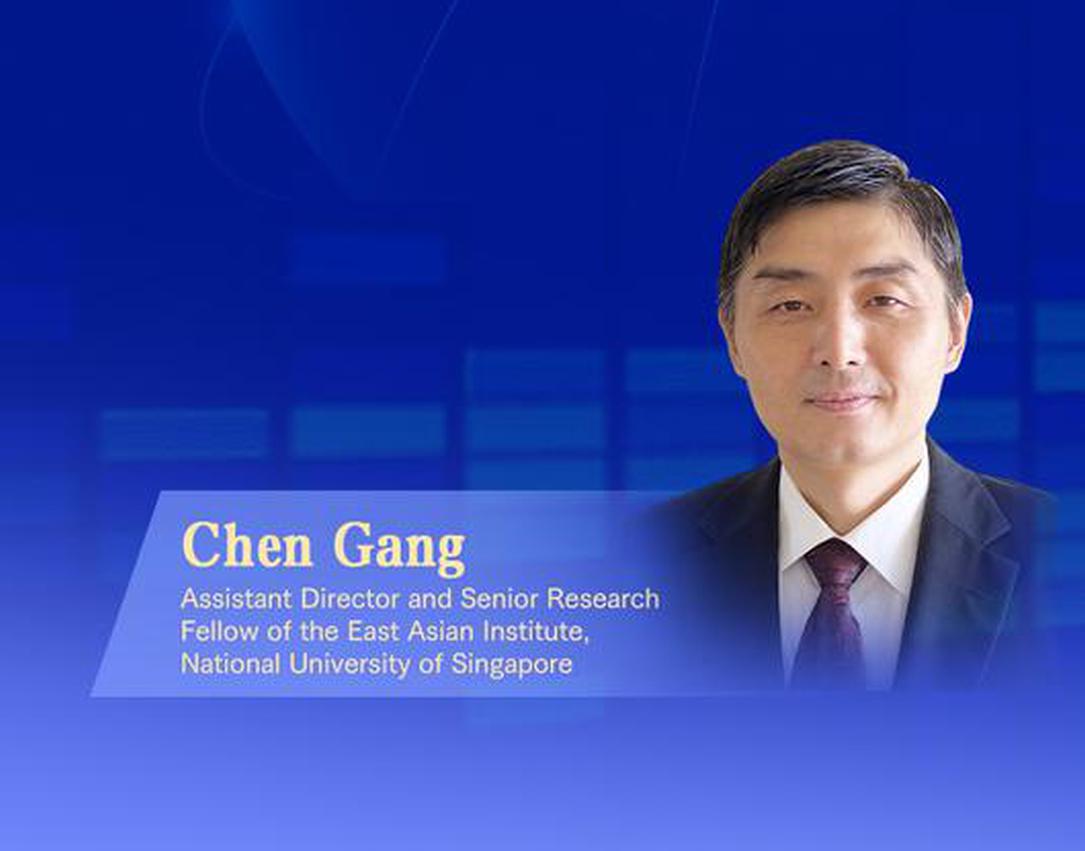

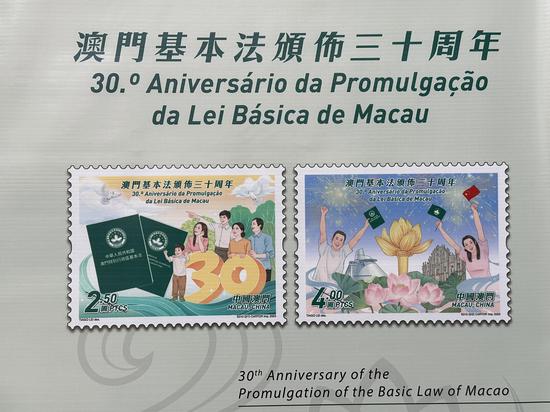



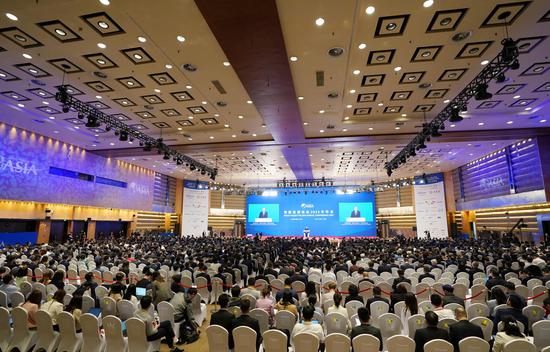
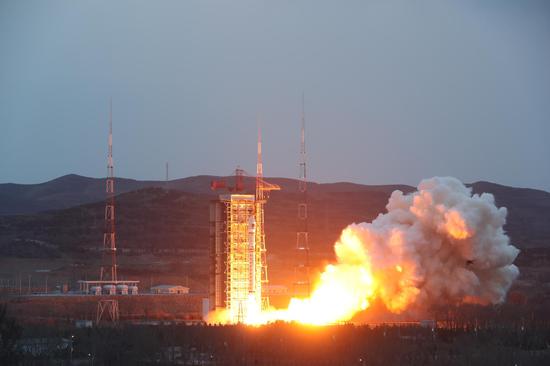
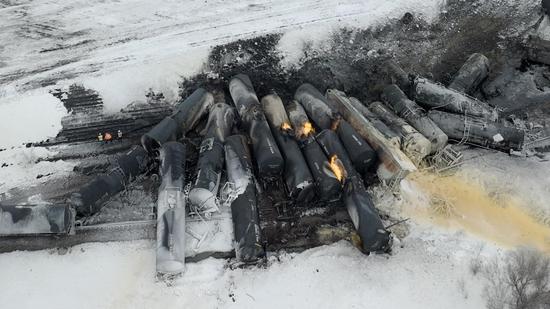

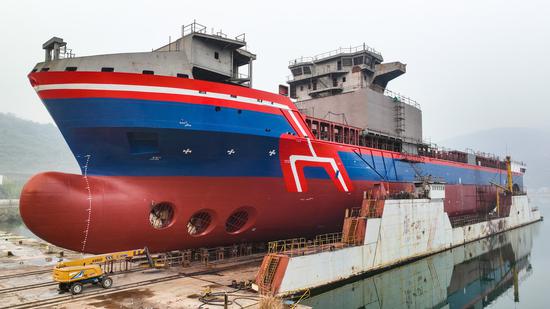


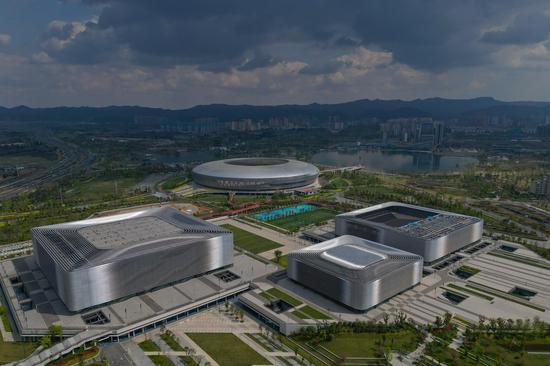
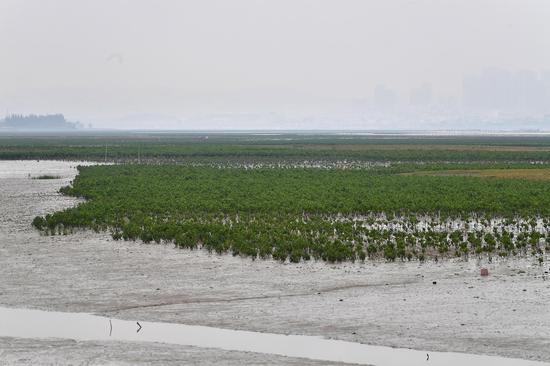

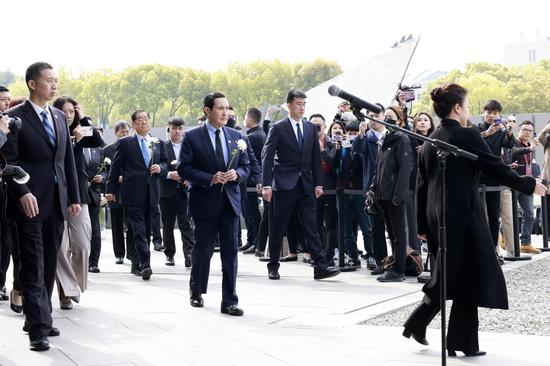
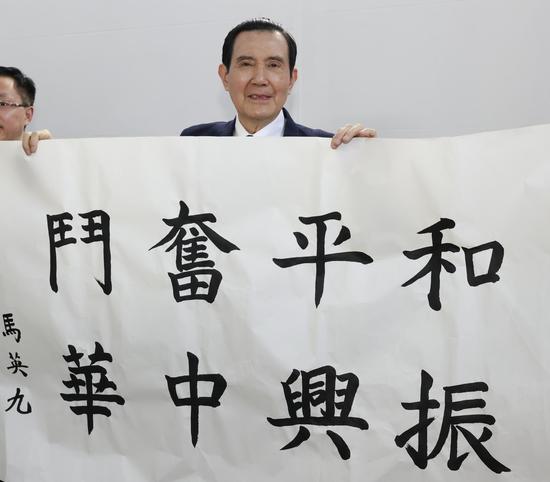



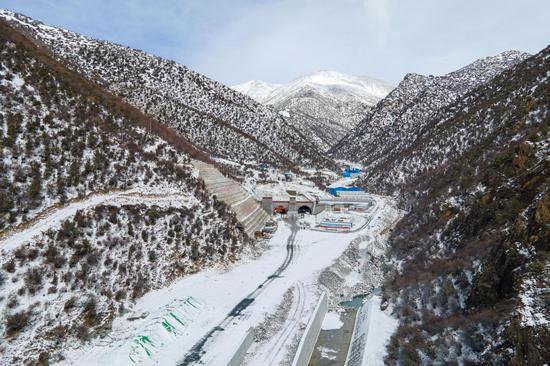

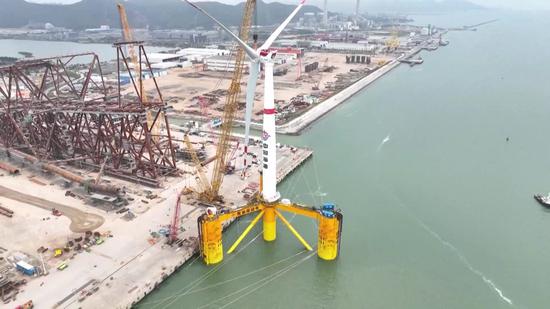

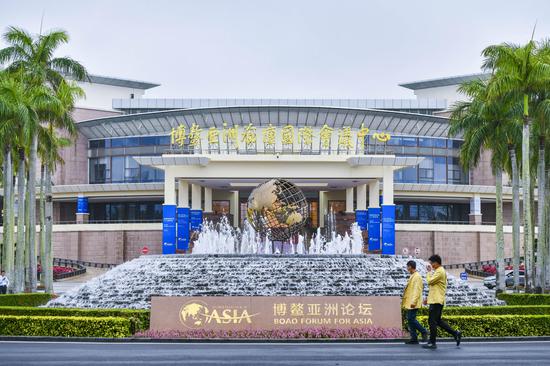













 京公网安备 11010202009201号
京公网安备 11010202009201号